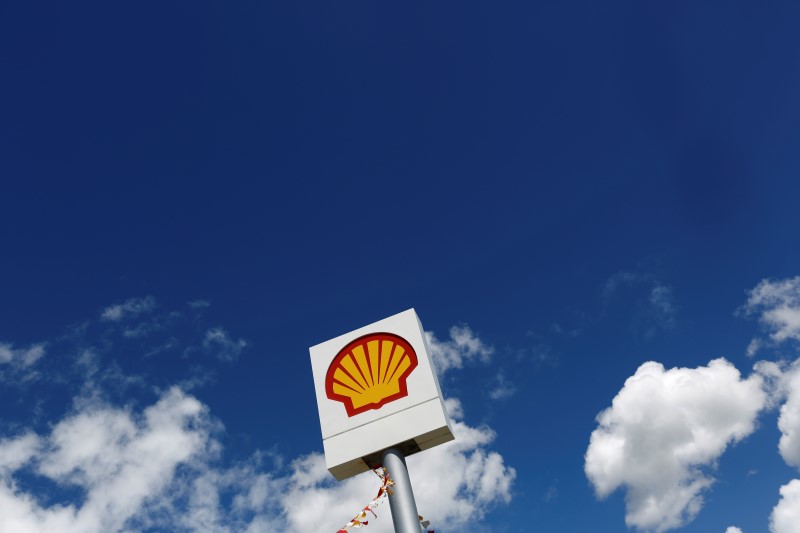ABUJA (Reuters) - Royal Dutch Shell (L:RDSa) does not know when its Nigerian Forcados oil terminal will reopen as the repairs to an underwater pipeline damaged by a blast are not straightforward, its country head was quoted as saying on Sunday.
Shell shut the 250,000 barrel a day terminal in February after an attack on an underwater pipeline claimed by a militant group, part of a wave of attacks on oil facilities in the Niger Delta in the past three months.
Shell had initially declined to give details about the incident.
Osagie Okunbor, the head of Shell's operations in Nigeria, or country chair, told the Punch newspaper it was to early too say when the terminal would reopen due to the ongoing repairs.
"The work is a delicate exercise that requires temporary wrapping of the damaged section of the line with a special material prior to safe evacuation of the residual crude oil currently trapped in the line," he said.
"The damaged pipeline is in 4-6 meters of water depth in open seas and it requires damming the water to hold the sea back so that repairs can be safely done," he was quoted as saying.
Okunbor said Shell had needed to deploy experts from within Nigeria and abroad to do the work.
He said Shell was committed to long-term investment in Nigeria despite a series of pipeline attacks or explosions which have reduced the country's oil production to 1.65 million barrels per day from 2.2 million in February.
A Shell spokesman confirmed the newspaper interview took place.
Last week, militants calling themselves the Niger Delta Avengers claimed an attack on a Chevron (NYSE:CVX) Platform in the Delta. The group also took credit for the attack on the Shell pipeline.
The group has warned oil firms to leave the region within two weeks and says it is fighting for the independence of the Delta. It had earlier said it wanted a greater share of oil revenues and an end to oil pollution.
The attacks have driven Nigerian oil output close to a 22-year low and if the violence escalates into an insurgency, it could cripple output in a country facing an economic crisis.

Crude sales from the Delta account for about 70 percent of national income in Africa's biggest economy but residents, some of whom sympathise with the militants, have long complained of poverty and neglect.